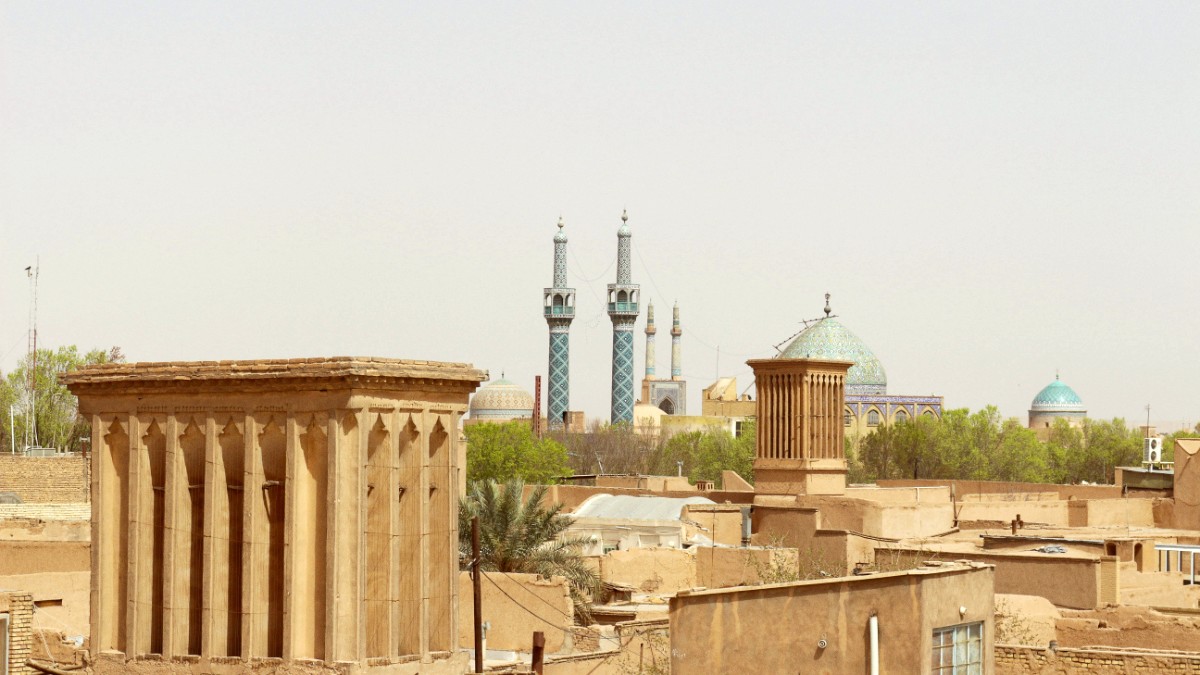
Iran
Irancell and MCI (Hamrah-e Avval) are Iran's main mobile network providers. Both offer good coverage and affordable data plans.
Most hotels and guesthouses in Yazd offer Wi-Fi access for guests. Many cafes also provide Wi-Fi.
The official language of Iran is Persian (Farsi). English is spoken by some hotel staff, tour guides, and younger generations in tourist areas.
Learning a few basic Persian phrases will ease your interactions with locals.
For deeper cultural immersion, consider learning Persian with Rosetta Stone before your trip.
Operating hours and public holidays influence services.
Generally 9:00 AM - 1:00 PM, then 4:00 PM - 9:00 PM. Many close for midday siesta, especially in summer.
Typically 8:00 AM - 3:00 PM (Saturday to Wednesday) and 8:00 AM - 12:00 PM (Thursday). Banks are closed on Friday.
Open for lunch (around 12:00 PM - 3:00 PM) and dinner (around 7:00 PM - 10:00 PM or later). Some cafes may have continuous hours.
ATMs are widely available throughout Yazd.
Some attractions might have reduced hours during the winter months or in the peak heat of summer.
Get airport lounge access with Priority Pass. For flight issues, Compensair helps with compensation.
Respectful interaction is fundamental for a rewarding trip.
Handshakes are common between people of the same gender.
Modest dress is required for both men and women in public spaces throughout Iran.
Remove your shoes when entering traditional restaurants with carpeted areas, and definitely when entering a private home.
Always ask for permission before photographing individuals, especially women and children.
Accessibility infrastructure in Yazd is limited. Sidewalks are uneven, and many historical sites involve stairs and narrow pathways. Contact hotels or tour operators directly to ask about specific accessibility features.
Yazd, a desert city, faces particular environmental challenges, especially regarding water.
Efforts conserve delicate desert ecosystems and ancient qanat systems. The UNESCO World Heritage status of Yazd also promotes architectural and cultural preservation.
Respectful interaction is fundamental for responsible travel.
Ensure your visit benefits the local economy directly and ethically.
Be mindful of animal welfare, especially if engaging in activities like camel riding. Choose operators who treat their animals well.
Many traditional guesthouses are inherently more eco-friendly.
Ask if they support local communities and minimize environmental impact.
Consider offsetting your flight emissions through international carbon offset programs.
Minimize waste. Use a reusable water bottle. Take shorter showers. Support accommodations implementing water-saving measures.